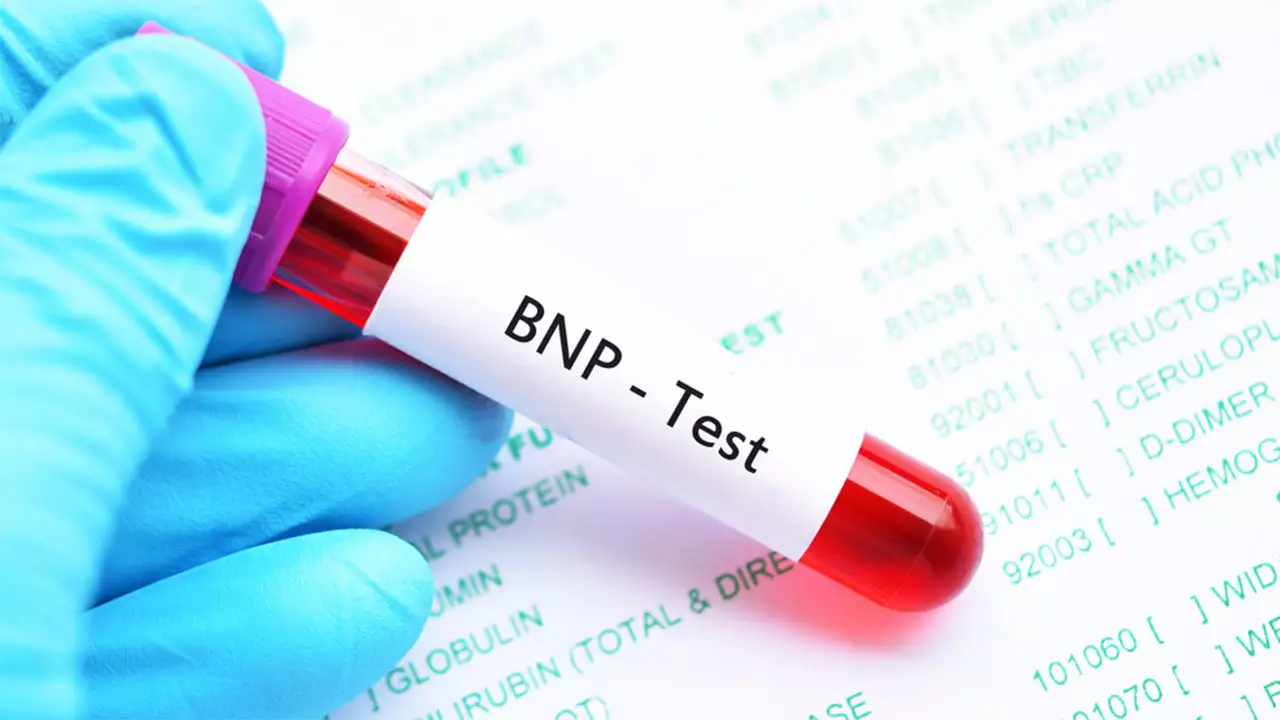Heart failure: what to watch for and what to do
Heart failure doesn’t mean your heart stopped. It means the heart can’t pump blood well enough for your body. That causes breathlessness, swelling, tiredness, and low exercise tolerance. If you notice these changes, act early — treatment works best before things get worse.
Common signs and quick checks
Watch for: shortness of breath at rest or after small tasks, swelling in ankles or belly, unexplained weight gain (2–3 kg in a few days), extreme tiredness, and a cough that won’t go away. Also notice fast or irregular heartbeat, chest discomfort, dizziness, or fainting. Keep a daily weight log and call your doctor if you gain 2 kg (about 4–5 lb) in 48–72 hours or if breathlessness is getting worse.
At the clinic, doctors use simple tests: an exam, blood tests (BNP or NT-proBNP), ECG, chest X-ray and an echocardiogram. These tell whether the problem is reduced pumping (HFrEF) or a filling problem (HFpEF). Treatment choices depend on that result.
Treatments that actually help
There are medications that lower symptoms and save lives. Common ones are ACE inhibitors (like lisinopril), ARBs, beta blockers, diuretics (water pills) and mineralocorticoid receptor antagonists. Newer options include ARNI (sacubitril/valsartan) and SGLT2 inhibitors — these reduce hospital visits and improve survival for many people with reduced ejection fraction.
Diuretics quickly reduce fluid and ease breathlessness, but they don’t change long-term risk on their own. ACE inhibitors, beta blockers, ARNI and SGLT2 inhibitors do. Your doctor will tailor doses and may add drugs step by step. If medicines aren’t enough, devices like ICDs (defibrillators) or CRT (resynchronization) and sometimes surgery or valve repair are options.
Small changes at home make a big difference: limit daily salt to about 2–3 grams, track fluid if advised, weigh yourself daily, stop smoking, and keep alcohol low. Aim for regular gentle activity — short walks or cardiac rehab help build stamina. Get flu and pneumonia shots; infections can quickly worsen heart failure.
Mind other conditions. High blood pressure, diabetes, kidney disease, and some medicines can hurt the heart. Tell every doctor you see that you have heart failure so they avoid risky drugs. Some over-the-counter meds and supplements cause fluid retention or interact with heart medicines.
Emergency signs: sudden severe breathlessness, blue lips, fainting, chest pain, or very low urine output. Go to the ER or call emergency services right away.
Living with heart failure means regular follow-up, knowing your warning signs, and sticking to meds and lifestyle steps. With modern treatments many people live longer and feel better. Ask your clinician for a clear plan you can follow at home — and keep a list of your medicines handy for every visit.
12
The success stories of heart failure patients using Sacubitril
I recently came across some incredible success stories of heart failure patients who have been using Sacubitril. These individuals have experienced significant improvements in their quality of life, as well as a reduction in hospitalizations. It's truly inspiring to see how this medication has helped them regain control over their health and enjoy life once again. This just goes to show how important it is to raise awareness about the potential benefits of Sacubitril for heart failure patients. I can't wait to share more of these success stories with you all in my upcoming blog posts.






